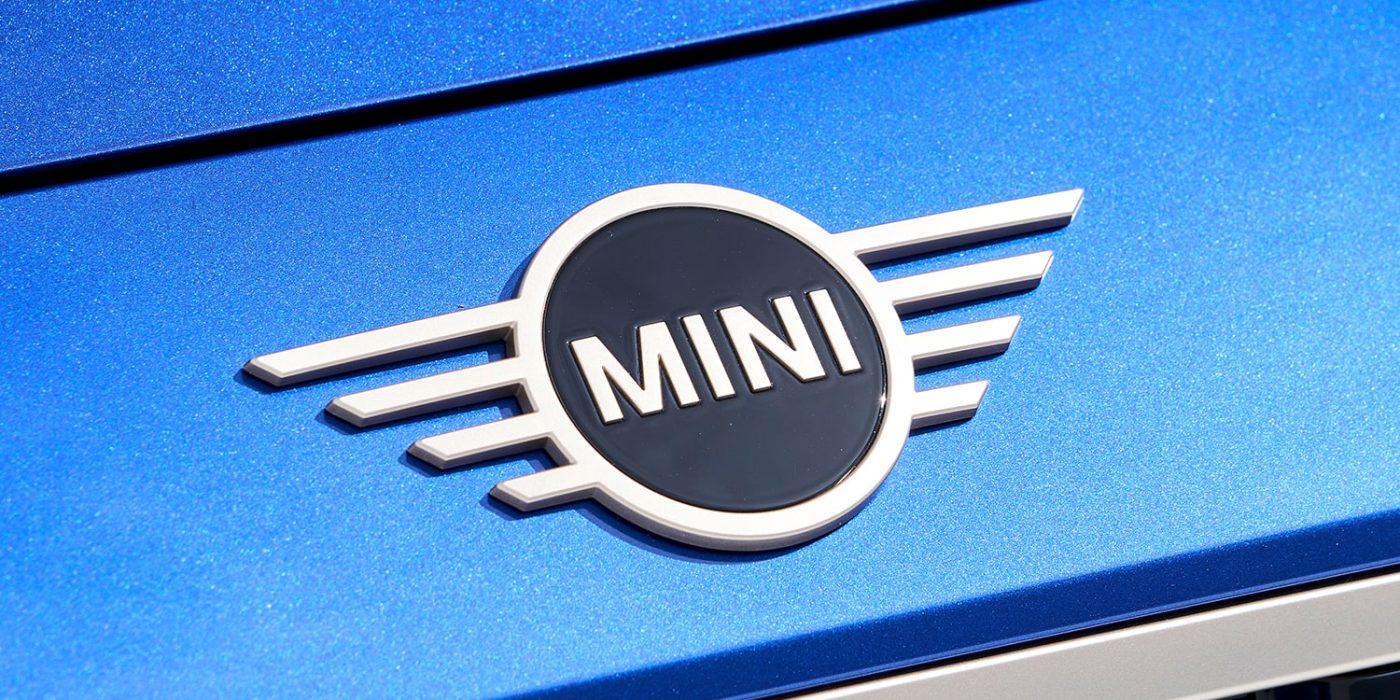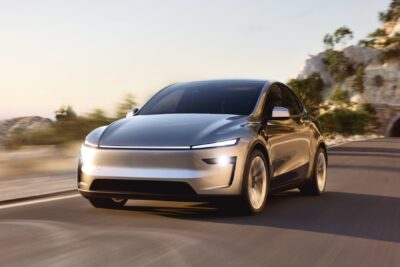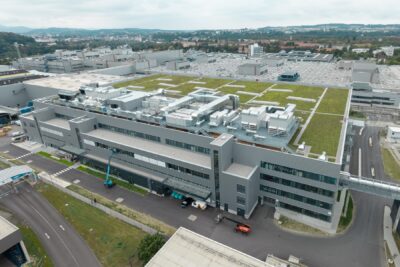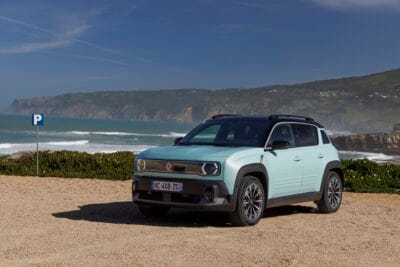Mini factory in Oxford to go fully electric
BMW will invest £600 million in the production of Mini brand vehicles in the UK, as leaked a few months ago. The Oxford plant is preparing to build two new all-electric Mini models from 2026 and exclusively electric models from 2030.
BMW says the two electric models destined for Oxford are the Mini Cooper 3-door unveiled at the IAA Mobility show recently and the compact Mini Aceman crossover. These are scheduled to come off the production line in the UK from 2026, before only electric cars are to be produced there, starting from 2030. Currently, the 3-door, 5-door and Clubman with conventional engines, as well as the Mini Electric, are produced in Oxford. From 2024, the plant will produce the next generation of the 3-door and 5-door with combustion engines, as well as the new Mini Convertible, before adding the two aforementioned fully electric models in 2026.
The 600 million pounds for the conversion in Oxford and the Swindon plant are equivalent to around 700 million euros. “With this new investment we will develop the Oxford plant for production of the new generation of electric MINIs and set the path for purely electric car manufacturing in the future,” affirmed Milan Nedeljković, Board Member for Production at BMW AG. The production plant celebrated its 110th anniversary this year and currently employs around 4,000 people. Around 80 per cent of the vehicles produced on-site are exported. The Mini Electric has been produced at the site since 2019, coming off the production line there on the same line as its combustion engine counterparts.
In an accompanying announcement for Oxford, BMW is now talking about a production capacity of around 200,000 vehicles per year in the medium term, “where it is fully integrated into the production line with the conventional (ICE) models”. This then changes in 2030 with the production of the last combustion engine model. The carmaker insists it will invest more than £3 billion (around €3.5 billion) in its UK plants at Swindon, Hams Hall and Oxford by 2030.
The British government is supporting this measure with funds, but BMW has not named a specific amount. In the run-up to the project, the media were unanimously talking about subsidies worth 75 million pounds (about 87.5 million euros) for Oxford alone. Commenting on BMW’s current announcement, Economy and Trade Minister Kemi Badenoch said: “This decision is a big vote of confidence in the UK economy and the work of this Government to ensure the continued strength of our world-leading automotive sector. We are proud to be able to support BMW Group’s investment, which will secure high-quality jobs, strengthen our supply chains and boost Britain’s economic growth.”
In autumn 2022, it had briefly appeared as if Mini was planning to completely stop the production of electric cars in England in 2023. At the time, it was speculated that the BMW brand could relocate its electric car production to partner Great Wall in China. The German publication FAZ wrote in an earlier article that the board of directors had finally rejected such a step, as they expected a higher demand for electric cars than the current capacities in the plants in Leipzig and China. Oxford is therefore likely to be needed as an additional electric car location.
In Leipzig, production of the Mini Countryman, which also made its debut at the IAA Mobility, will begin in a few weeks. The larger crossover model in the Mini model range will be offered with both pure electric drive and combustion engines. Meanwhile, production of the Mini Cooper 3-door and the Mini Aceman will not begin in Oxford in 2026, but in Zhangjiagang in the Chinese province of Jiangsu. The joint venture between BMW and Great Wall has set up a new production facility there. Exports of the new electric duo are scheduled to start there in early 2024.
Stefanie Wurst, head of the Mini brand, says that Mini is aware of its history – “Oxford is and remains the heart of the brand”. She is delighted that the two new all-electric Mini models – the Mini Cooper and mini Aceman – will also be produced in Oxford, confirming we are on the road to an all-electric future. “The continuing high demand for our locally emission-free vehicles shows the openness of the global MINI community to electromobility, which we will be able to serve optimally, also thanks to Oxford.”





0 Comments